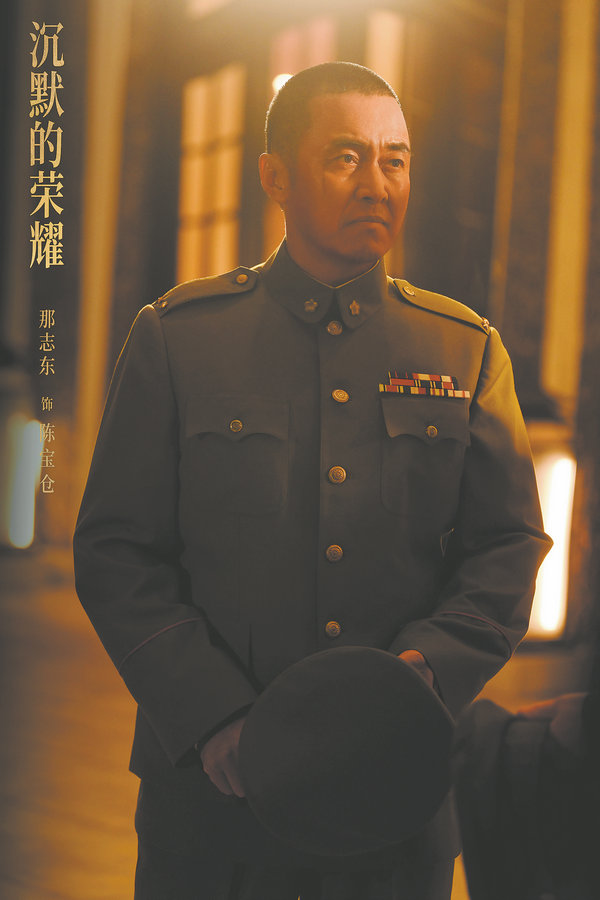

Moved by Wu's dedication, many audience members have shown their respect in various ways, from visiting the Beijing burial site of Wu and his wife to his former residence in Fuzhou, Fujian province, and mourning at Machangding Memorial Park in Taiwan, where Wu and his fellow patriots were executed in June 1950, according to domestic media reports.
"When I began preparing for the script, I discovered a vast ocean of historical materials because each character's story was so rich," Lu, also a professor of literature at the Central Academy of Drama, shares with China Daily.
To bring the era to life, Lu and her team of three young writers dug beyond official records. They scoured declassified intelligence archives, memoirs, wartime letters, and historical interviews. They purchased newspapers and books published in Taiwan and Hong Kong. They also immersed themselves in cultural works that captured the era's atmosphere and emotions, including the novels of Pai Hsienyung, the celebrated Taiwan writer and son of Kuomintang general Bai Chongxi. Additionally, they revisited period dramas like A Touch of Green. "As I delved deeper into the books and archives, my respect and admiration for Wu's spirit grew," says Lu, explaining that Wu could have enjoyed a life of comfort and safety but gave up everything to pursue his ideals.